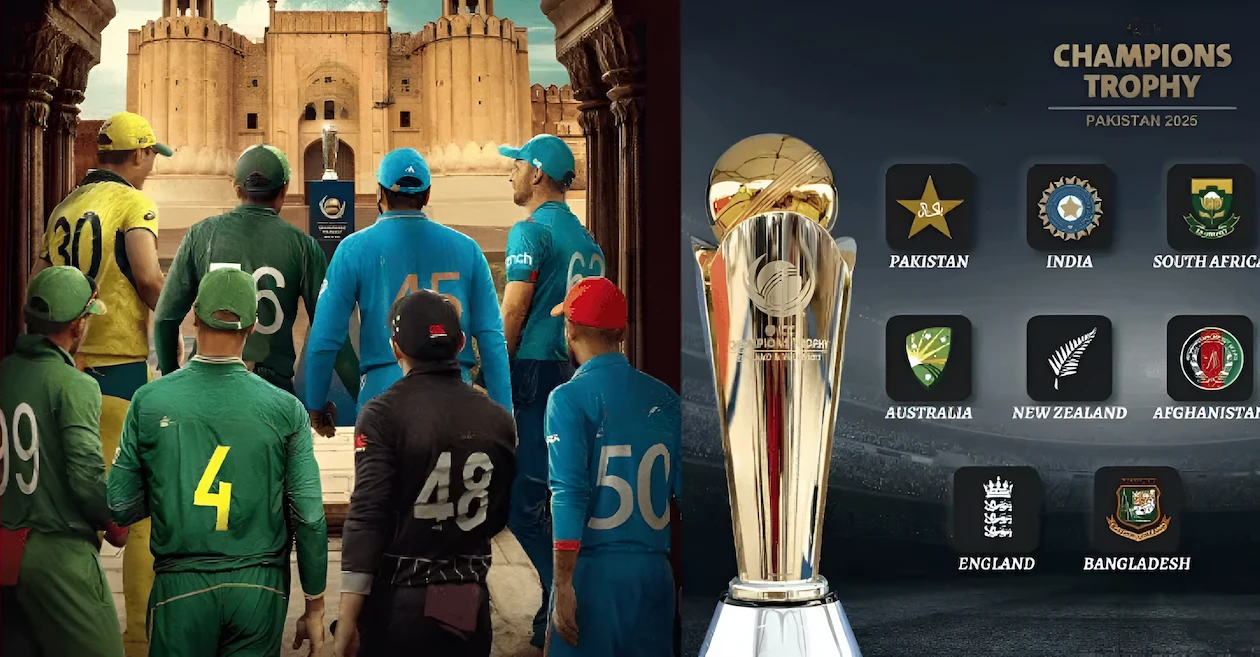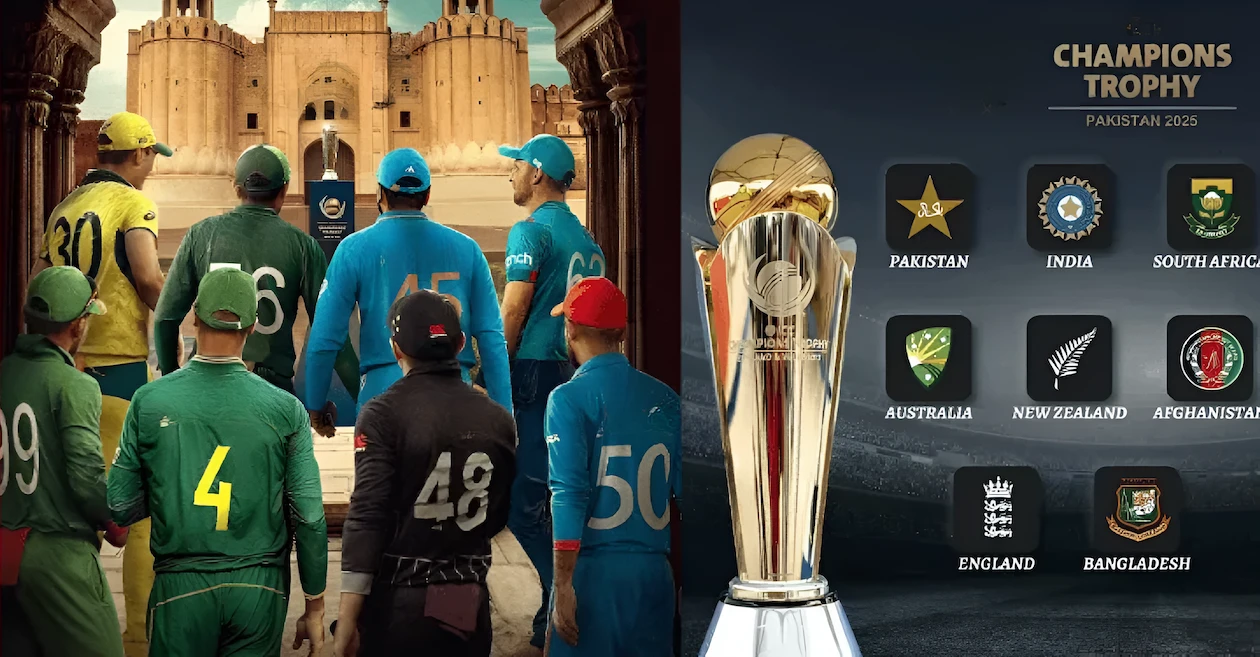Physical Address
304 North Cardinal St.
Dorchester Center, MA 02124


The Pakistan Cricket Board (PCB) finds itself at a crossroads following the Board of Control for Cricket in India’s (BCCI) decision not to send Team India to Pakistan for the ICC Champions Trophy 2025. The refusal by India to play in Pakistan has left PCB chief Mohsin Naqvi determined to host the tournament entirely within Pakistan, but international considerations may force him to rethink this stance to avoid losing hosting rights altogether. With the ICC urging the PCB to adopt a hybrid model, the stage is set for a potentially complex negotiation.
The ICC has proposed a solution that would allow the tournament to proceed while addressing India’s security concerns. According to reports, the ICC has suggested that Pakistan host the majority of the Champions Trophy matches within the country, with India’s games shifted to the United Arab Emirates (UAE). The ICC’s stand is clear: if the PCB does not agree to this hybrid model, the entire tournament could be relocated to South Africa.
This hybrid model, though unconventional, is not unprecedented. The PCB successfully implemented a similar approach during the Asia Cup 2023, where India’s matches were played in Sri Lanka due to similar political and logistical concerns. The approach allowed the tournament to proceed smoothly, and India went on to win the Asia Cup. The ICC sees the hybrid model as a compromise to keep the Champions Trophy on track and avoid relocating it from Pakistan altogether.
Despite the ICC’s push for a hybrid model, PCB Chairman Mohsin Naqvi has remained firm in his opposition to dividing the tournament across two countries. Speaking to reporters at Gaddafi Stadium in Lahore, Naqvi emphasized that the PCB has received no official proposal for a hybrid model from the ICC, adding that Pakistan has made goodwill gestures in recent years but cannot be expected to make compromises indefinitely.
“Till today, no one has discussed any ‘Hybrid Model’ with us nor are we willing to talk about it. But we have been showing good gestures for the last few years, and no one should expect us to do it all the time,” Naqvi stated. The PCB head expressed his intention to consult Pakistan’s government on the issue, indicating that any final decision will follow the government’s directives. “I will take anything written to the government, and whatever decision they take, we have to follow them,” Naqvi added, hinting at the complex intersection of cricket administration and national policy.
In recent weeks, the PCB has been in discussions with Pakistan’s government, seeking guidance on how to navigate this situation. While the PCB is eager to keep the Champions Trophy within Pakistan’s borders, the reality of the political situation complicates this aspiration.
Adding to the uncertainty, the ICC recently canceled a key event in Lahore that was expected to reveal the Champions Trophy schedule, a move that has fuelled speculation about the future of the tournament. Typically, ICC tournament schedules are announced well in advance, often 100 days prior to the event. However, with no official schedule released yet, the PCB’s reluctance to accept a hybrid model and the BCCI’s refusal to play in Pakistan may be creating a roadblock for the ICC’s planning process.
If the PCB remains unwilling to adopt the hybrid model and the tournament is subsequently moved to South Africa, Pakistan would lose a significant opportunity to host one of cricket’s marquee tournaments. This possibility has left the PCB in a delicate position, weighing the potential loss of hosting rights against the risks of hosting a high-stakes international tournament without India’s participation.